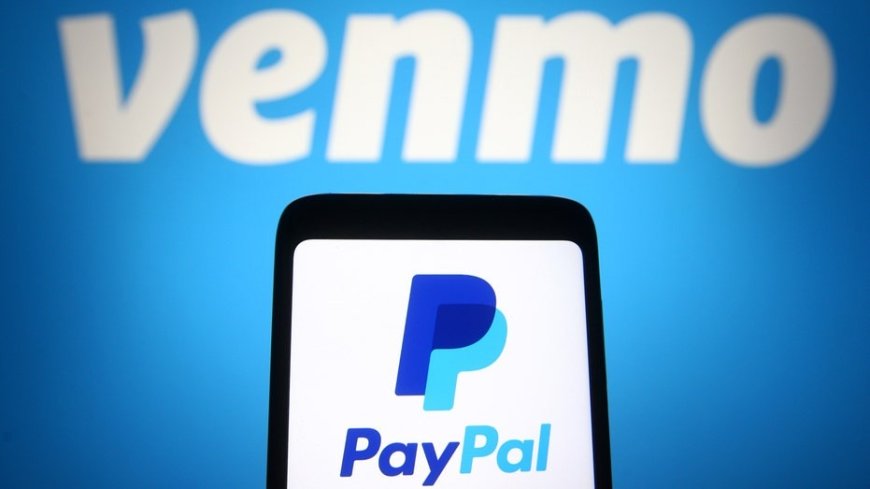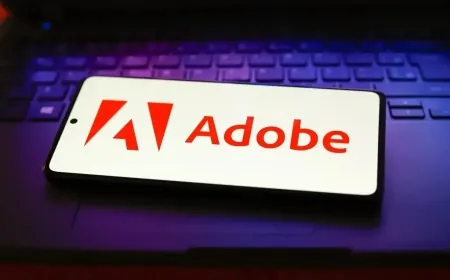CFPB Warns Against Keeping Your Money in Venmo, PayPal, and Other Payment Apps
CFPB warns against keeping money in payment apps like Venmo and PayPal, lacking federal insurance. Protect your funds, transfer to insured accounts.

The Consumer Financial Protection Bureau (CFPB) has issued a cautionary advisory, urging Americans to refrain from storing their funds within payment apps. Highlighting potential financial uncertainties, the CFPB reveals that these apps, including popular ones like Venmo, PayPal, and CashApp, may lack the federal deposit insurance provided by the Federal Deposit Insurance Corporation (FDIC) or the National Credit Union Administration (NCUA). In the event of a payment app's failure or bankruptcy, individuals could face the daunting risk of losing their hard-earned money. Given recent bank failures, awareness surrounding deposit insurance has become increasingly important.
Expressing concern, CFPB Director Rohit Chopra stressed that while these digital payment apps are increasingly used as substitutes for traditional bank accounts, they do not offer the same level of protection for users' funds. To mitigate this risk, the CFPB advises individuals to promptly transfer any funds held in payment apps to accounts insured by the federal government.
Responding to the advisory, the Financial Technology Association (FTA), representing companies like PayPal and other financial technology firms, issued a statement to reassure the millions of Americans and businesses that utilize payment app accounts. They assert that these accounts are secure and transparent, with users receiving FDIC insurance based on the specific products they utilize. The FTA also emphasized that their members prioritize consumer protection and provide clear and easily understandable terms in all their products.
The CFPB report further outlines specific circumstances in which funds transferred through payment apps may qualify for federal insurance coverage. For example, Venmo, a subsidiary of PayPal, can provide pass-through insurance for funds added through direct deposit, the cash-a-check feature, or cryptocurrency transactions. Funds held in Venmo's program banks, namely Goldman Sachs, Wells Fargo, and Bancorp Bank, may also be covered by deposit insurance.
A spokesperson for Zelle, another prominent payment app, clarified that their platform does not directly hold accounts, transfer funds, or facilitate transactions. They reassured users that all funds transferred through the Zelle network are done so via federally-insured accounts, ensuring an added layer of protection.
While the CFPB's report did not mention all payment platforms available, it did emphasize that funds held in payment apps lack federal insurance. Additionally, the CFPB disclosed that 3 out of 4 Americans utilize payment apps and highlighted that these companies often invest users' funds, enabling them to generate revenue from their user base.
CFPB Director Chopra stated that the agency is increasingly focusing on tech companies venturing into banking and payments, aiming to ensure the implementation of safeguards akin to those followed by local banks and credit unions. With the growing popularity of payment apps, it is crucial for consumers to be aware of potential risks and take necessary precautions to protect their financial interests.
Also Read: How to Get a Software Engineer Job at Google Without a Degree: Your Ultimate Guide
































































